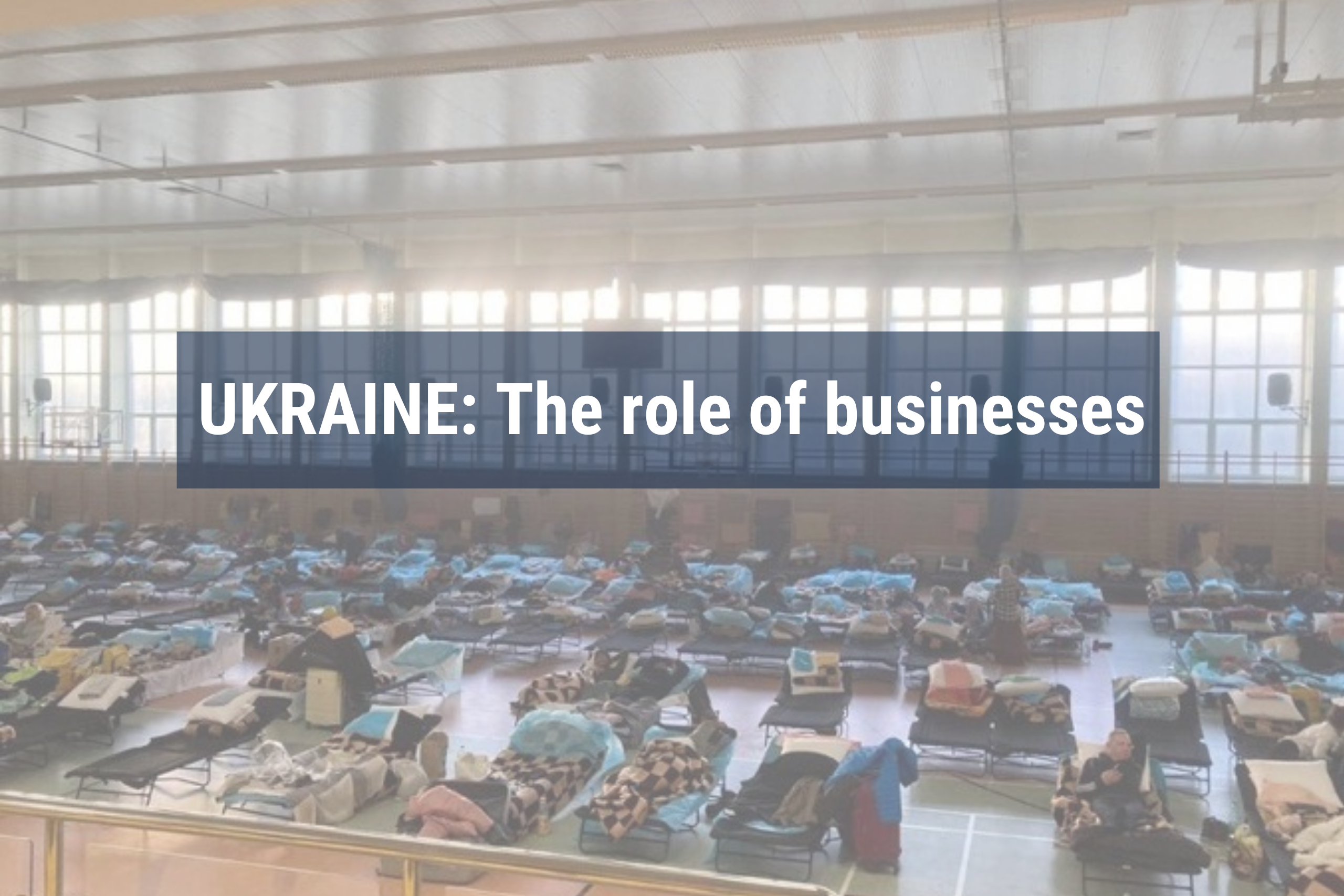
News, Sustainable Development Goals
Supply chain traceability and transparency highlighted by latest NGO reports as key to demonstrating respect for human rights
UN Global Compact Network Australia | April 20, 2016
Visibility into supply chains is an important factor in effective management of human rights risks. Yet, many businesses lack clear strategies and processes to trace and monitor risks in the supply chain. This was identified as a key obstacle when dealing with human rights in supply chains in a joint publication by the GCNA, Australian Human Rights Commission and ACCSR last year.
Now, two reports this month on human rights impacts in the supply chains of Australia’s fashion industry – by Oxfam [PDF] and Baptist World Aid – have emphasised the importance of traceability and transparency in ensuring and demonstrating respect for human rights.
In relation to its transparency scorecard, the Oxfam report states that “without knowing the names and locations of factories, it is extremely difficult to independently confirm whether workers associated with Australian brands are being treated fairly, whether their conditions are safe or what they are being paid.”
The Baptist World Aid report looks at companies’ broader management systems and their visibility into their supply chains, including in relation to raw materials. According to the report, only 5% of Australian fashion firms know the origin of their raw material supply and only 16% can fully trace their input supply chains. The report states, “Continuing to improve traceability will remain one of the most important challenges for the industry. While inputs and raw materials sit outside the purview of companies, the worst forms of worker rights abuse (including forced and child labour) will continue to remain prevalent in these parts of the supply chain.”
Since the Rana Plaza factory collapse, conditions for workers within the fashion industry have been improving. Baptist World Aid has found that the minimum wage for factory workers has risen by 87% in garment production since 2013. While there is still a long way to go for fashion firms, this is a promising sign and highlights positive steps are being taken to effectively manage human rights risks in supply chains.
For a range of tools and resources to support supply chain sustainability, visit the UN Global Compact’s Sustainable Supply Chains website.



